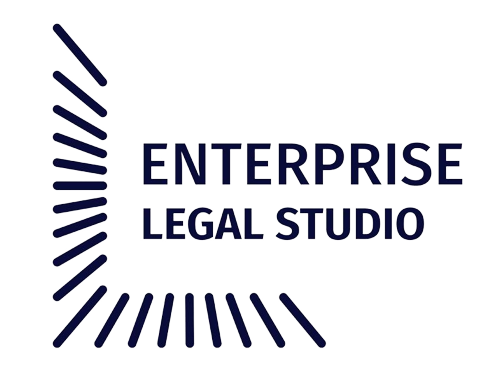Document Certification
Certifying the incorporation documents of entrepreneur and non-entrepreneur legal entities
1. Definition of Legal Entities
- Entrepreneur Legal Entities: These include for-profit organizations such as LLCs (Limited Liability Companies), JSCs (Joint-Stock Companies), and sole proprietorships.
- Non-Entrepreneur Legal Entities: These are usually not-for-profit organizations such as NGOs, associations, foundations, or charities.
2. Incorporation Documents (Typical Examples)
Entrepreneur Legal Entities
- Articles of Incorporation / Charter
- Founders’ Resolution or Meeting Minutes
- Business Registration Certificate
- Tax Registration Documents
- License (if applicable)
Non-Entrepreneur Legal Entities
- Charter / Constitution / Statute
- Founding Act or Resolution
- Proof of Non-Profit Status
- Registration Certificate with relevant authority
- Tax Exemption Certificate (if applicable)
3. Certification Process
Step 1: Document Preparation
- Ensure documents are complete, signed by authorized individuals, and translated (if required).
- Originals or notarized copies may be necessary.
Step 2: Notarization
- Visit a notary public to certify that copies are true to the originals.
- The notary may also confirm the authenticity of signatures.
Step 3: Legalization or Apostille (if for international use)
- If the documents are to be used in another country:
- Apostille for countries under the Hague Convention.
- Consular Legalization for non-Hague Convention countries.
Step 4: Submission to Relevant Authorities
- Submit the certified documents to:
- Corporate registry
- Tax authorities
- Licensing agencies
- Foreign embassies or business partners
Are you ready to Simplify
Your Legal Journey?
Let us handle the complexities so you can focus on what matters most.
Contact us today and experience legal services tailored to your needs.

